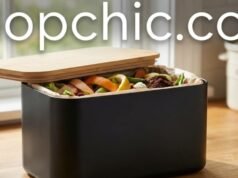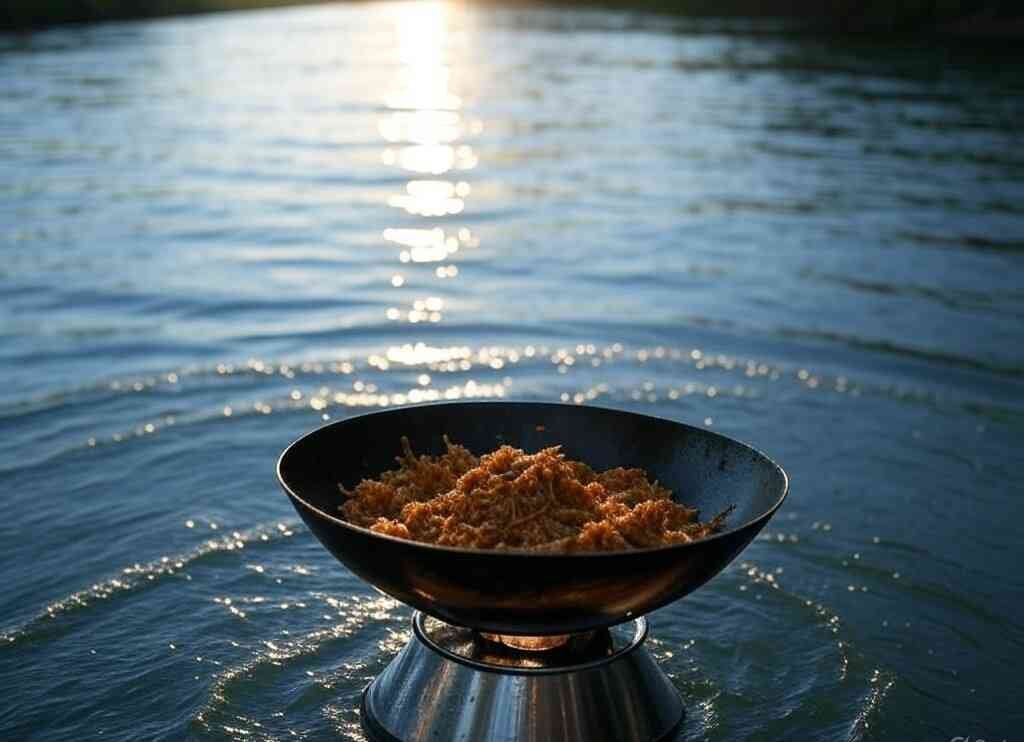Okay, I’ll just say it: I used to go through so many paper towels. Not just me; all of us have used a lot of paper towels. In fact, people in our country and around the world continue to use paper towels today. Should we feel bad about this? Both yes and no. No, we shouldn’t feel bad because, in the past, the production of bamboo paper towels was very limited, or if there wasn’t high production, they were hard to get. Yes, we should feel bad. Nowadays, bamboo paper towels are more accessible.
We can easily find them in supermarkets and online. The situation with paper towels is generally like this: A minor spill? Rip off three sheets. A greasy pan? Half the roll, gone. Then a friend gifted me a set of bamboo towels and said, “Try these instead of paper towels.” To be honest, I didn’t expect them to work at all. I thought I’d use them a bit and then throw them away. At the same time, I was curious.
Now, we’re looking for the answer to our main question: Bamboo towels versus paper towels. Which one is actually better for the environment and our planet? And honestly, do bamboo ones really work?
What Exactly Are Bamboo Towels?
As the name suggests, they are reusable cloths made from bamboo fibers. Perhaps because they are made from bamboo fibers, they feel surprisingly soft and durable. Some bamboo towels are thick like a sponge; others are thinner. One of the most significant advantages of bamboo towels is that you can rinse them, hang them up, and reuse them many times. A single sheet can easily last you a whole month. This provides a cost advantage and also the peace of mind that comes with being environmentally conscious – a bonus! It’s that feeling of contributing positively to the world.
Paper Towels: The Familiar Favorite
We all know paper towels very well because we’ve used them for many years. They are convenient, absorbent, and readily available everywhere, from supermarkets to the internet. But the important point is this:
- Paper towels are single-use. This means after one use, they go straight into the trash.
- They are made from virgin wood pulp (i.e., trees). This is genuinely bad for the environment (even if special trees are used for paper towels, it’s not good).
- They are often bleached or chemically treated.
- They are not always compostable, especially when soiled with grease or cleaners.
So, even if you buy the “recycled” kind, they still end up in the trash more often than not. That means a lot of love for landfills.
Bamboo Towels: The Green Contender?
Now, let’s talk about the pros:
- Bamboo grows super fast, uses less water, and doesn’t need pesticides.
- One roll can replace dozens of paper towel rolls.
- Many are machine-washable or easy to hand-rinse.
- They feel kind of fancy like your kitchen has leveled up.
What about the downsides? Well, they cost more upfront. And if you’re not in the habit of reusing things, they might end up sitting in a drawer.
So… Which One Is Actually Better?
Let’s break it down simply:
| Criteria | Paper Towels | Bamboo Towels |
|---|---|---|
| Single-use | Yes | No |
| Compostable | Sometimes | Usually |
| Environmental Footprint | High (trees, bleach) | Lower (fast-growing bamboo) |
| Cost (long-term) | Adds up fast | Saves over time |
My Honest Take
If you’re trying to make your kitchen even a little greener, bamboo towels beat paper towels hands down. Of course, there’s a small habit shift involved. But you get used to rinsing and reusing them very quickly especially when you realize you haven’t bought a paper roll in weeks.
Oh, and here’s a pro tip: Keep a couple of bamboo sheets near the sink and another by your coffee corner. Once you stop instinctively reaching for paper, you’ll wonder why you didn’t switch sooner.
Want to do a mini-experiment? Use paper towels for one week, then bamboo the next. I bet your trash can and your conscience will tell you everything you need to know.












[…] Bambooee paper towels kept popping up everywhere, grabbing my attention in stores, on search engines, and all over […]